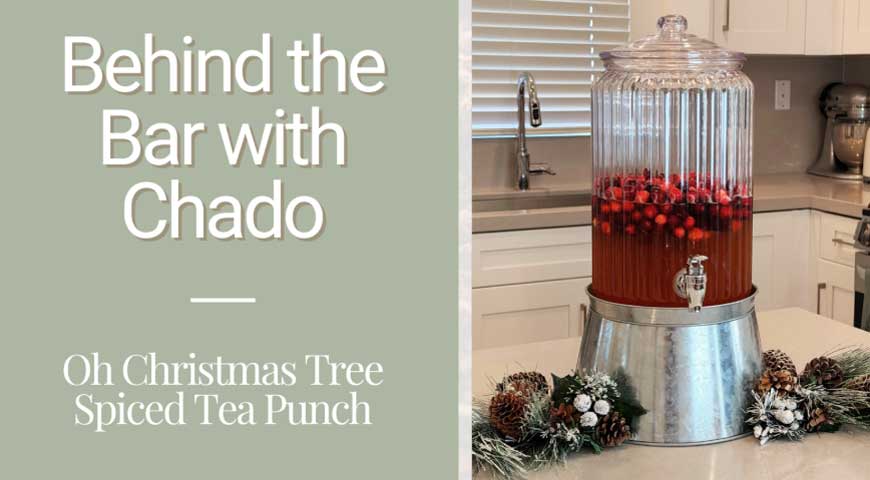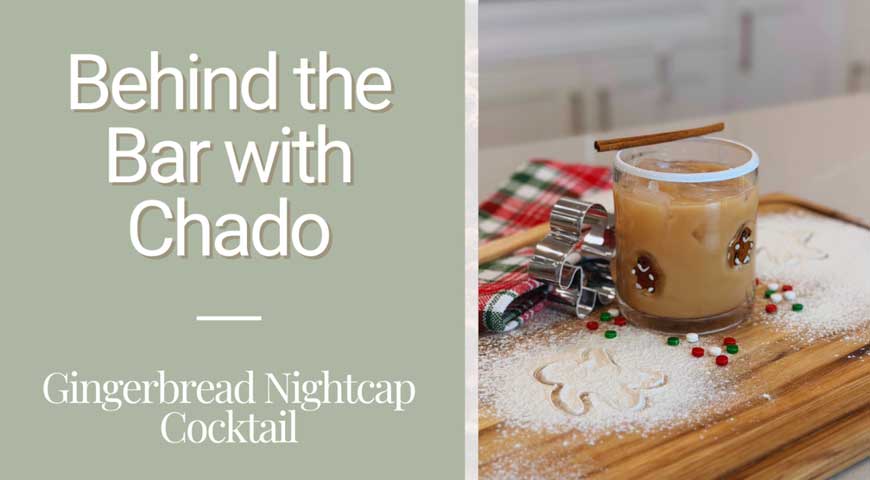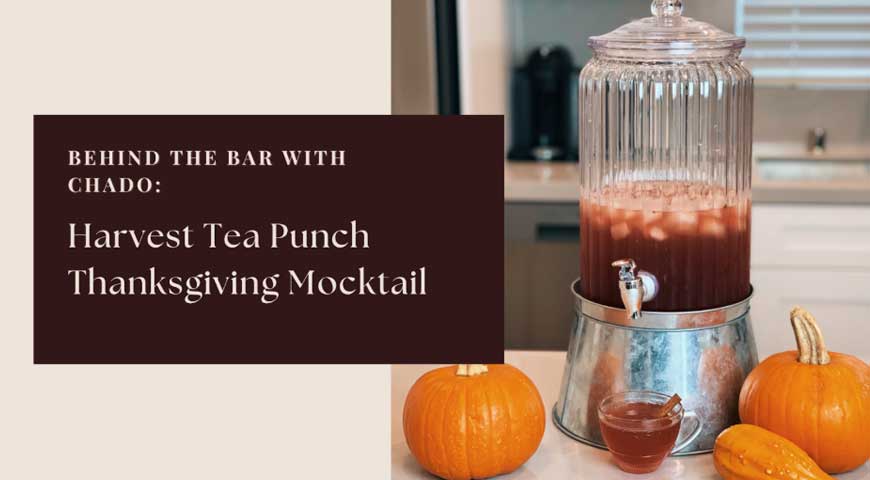
Festival of Lights: Diwali

It’s that festive time of the year again! Alongside the traditional holidays that we are so familiar with in the US like Thanksgiving and Christmas comes Diwali. Growing up in a Gujarati household, I always looked forward to this festival and all of the traditions that come with it. My family would celebrate for days and it would always end in a day of prayers and cleansing our prayer room as well as an amazing feast that my mother and grandmother would prepare. Read on to learn more about Diwali and what it means to Hindus around the world.
Diwali, also known as the Festival of Lights, is the Hindu religion's biggest and most important holiday of the calendar year. Stretching back more than 2,500 years, Diwali this year takes place on November 4th. The name originates from the rows of clay lamps called Deepa, that are placed outside of homes to symbolize the inner light that helps to protect the homes and inhabitants from spiritual darkness.
Different regions of India celebrate Diwali for different reasons, but there’s one common thread between them all: the celebration of victory of good over evil.
Three Reasons Diwali Is Celebrated Based Upon The Location.
-
Northern India - in this region they celebrate the story of King Rama’s return to Ayodhya after he had defeated Ravana by lighting rows of clay lamps.
-
Southern India - this celebration is for the day that Lord Krishna defeated the demon Narakasura.
-
Western India - the holiday marks the day that Lord Vishnu, who is known as the Preserver (a main god in the Hindu trinity), sent the demon King Bali to rule the nether world.
Five Days Festival
Diwali is a festival that takes place over a span of five days, with every day serving its own purpose within the Hindu religion. The days go as follows:
-
Day One: people clean their homes and shop for gold or kitchen utensils to help bring good fortune.
-
Day Two: people decorate their homes with clay lamps and create design patterns called rangoli on the floor using colored powders or sand.
-
Day Three: on the main day of the festival, families gather together for Lakshmi puja, a prayer to Goddess Lakshmi, followed by mouth-watering feasts and firework festivities.
-
Day Four: this is the first day of the new year, when friends and relatives visit with gifts and best wishes for the season.
-
Day Five: brothers visit their married sisters, who welcome them with love and lavish meals.
Want one of Chado’s signature tea blends this Diwali season?
Then try our Devan’s Legacy Chai, a special chai blend in honor of our founder Devan Shah.




